Dissociate
When we dissociate
feelings from form
we realize
that we need not
depend upon “things”
for satisfaction.
We need not go to nature
to feel the effects of nature.
Or depend upon people
to feel the love and joy
of longing and belonging.
This, to some,
may seem a
horrible delusion,
but only to those
who still associate
feelings with form.
They cannot imagine
what it is truly like
to be free of association.
Oh, they can imagine,
but they continue
to associate “things”
with thoughts.
This is just
a relative imagination,
still bound by
self-imposed limits.
It is not FULL imagination,
just as the self is not
the whole of the divine.
There is nothing wrong
or right with this.
But know that you
can dissociate in whatever
manner you wish.
You do not have to accept
your subscribed bundles
of feelings and forms.
You can imagine a la carte.
Or you can simply
loosen and widen
your associations.
You can literally imagine
an orgasm of feeling
or no feeling whatsoever.
You need not move.
You need not do.
You need not associate.
Still, association is fun,
even the horrible bits,
so we shall continue
to play this game with you.
We are Space Monkey
and we are lighting
an imaginary cigarette.
12/29
Space Monkey Reflects: Dissociate
Dissociation, in the context of this reflection, is a liberation from the habitual associations we make between feelings and forms. It challenges the deeply ingrained idea that our emotions are tied to external circumstances, people, or objects. This exploration invites us to reimagine the boundaries of our experience, to see feelings not as reactions but as inherent states of being.
The Dependency on Form
Associating feelings with form is a natural tendency. We look to nature for peace, to people for love, and to objects for joy. These associations, while comforting, can also limit our understanding of emotions. By tying feelings to specific forms, we tether our inner experience to external conditions, creating a dependency that may not always serve us.
The Freedom of Dissociation
To dissociate feelings from form is to reclaim our inner autonomy. It is to realize that peace, love, and joy are not granted by external sources but arise from within. This realization does not diminish the beauty of nature or the warmth of relationships; rather, it enhances our ability to experience these feelings independently, allowing us to engage with the world from a place of abundance rather than need.
The Challenge of Imagination
For many, the idea of dissociation seems impossible or even delusional. This skepticism stems from a deeply ingrained belief that emotions must have a tangible trigger. Yet this belief is itself a construct—a self-imposed limit on the boundless potential of imagination. To dissociate is to loosen these constraints, to imagine feelings not as reactions but as creations.
A La Carte Emotions
Dissociation allows us to approach emotions a la carte, selecting and experiencing them without needing a specific form to justify their presence. This freedom opens the door to profound creativity and self-awareness. We can imagine joy without reason, love without attachment, or even the absence of feeling altogether. This is not escapism but a deeper engagement with the essence of emotion itself.
The Playful Nature of Association
Despite the freedom dissociation offers, association remains a vital part of human experience. Tying feelings to forms adds texture and meaning to our lives, even when those associations lead to discomfort or pain. The interplay between association and dissociation creates a dynamic, playful balance, allowing us to explore both attachment and liberation.
Space Monkey’s Whisper
To dissociate is not to detach from life but to embrace its infinite possibilities. By loosening the ties between feelings and forms, we step into a realm of boundless imagination, where emotions are not confined but expansive, where we are both creators and experiencers of our inner worlds.
Summary
Dissociation frees us from the dependency on external forms to experience emotions, revealing the boundless potential of imagination and self-generated feelings. Association, while limiting, remains a playful and meaningful part of human experience.
Glossarium
- Emotional Dissociation: The separation of feelings from external forms, allowing emotions to arise independently.
- A La Carte Emotions: The ability to experience emotions without reliance on specific triggers or conditions.
- Imaginative Liberation: The creative freedom to redefine the relationship between feelings and forms.
Quote
“Feelings are not confined to forms; they are the infinite echo of your boundless imagination.” — Space Monkey
The Dissociated Play
Feelings untethered,
Floating free,
No tree, no heart,
Yet joy, endlessly.
A form dissolves,
A thought expands,
No need to grasp,
No need for hands.
Imagine the love,
Imagine the peace,
Without the object,
The soul’s release.
Yet in the play,
We tie, we bind,
Feelings to forms,
To see, to find.
We are Space Monkey.

In our collective exploration of the boundless realms of consciousness, we encounter the concept of dissociation, a profound unraveling of the ties between feelings and form. This journey through the realms of perception and imagination invites us to contemplate the nature of our attachments, the essence of freedom, and the playful paradoxes of existence.
Dissociation: Unbinding Feelings from Form
The act of dissociation allows us to detach our emotional experiences from physical entities and circumstances. It reveals a profound truth: satisfaction and fulfillment need not be tethered to tangible “things.” This detachment extends beyond the material, encompassing our connections with nature, people, and even our own thoughts.
The Illusion of Dependence
We often believe that our emotions are inextricably linked to external factors – the beauty of nature, the presence of others, or the acquisition of material possessions. Dissociation challenges this notion, suggesting that our feelings of joy, love, and contentment can be experienced independently of these external stimuli.
The Perception of Delusion
To those who strongly associate feelings with form, the concept of dissociation might appear as a delusion, an escape from reality. However, this perspective is itself limited, confined by the inability to imagine existence beyond the tangible and familiar.
The Limitations of Relative Imagination
The conventional imagination is often restricted by its reliance on associations between thoughts and physical forms. True imagination, in its fullest expression, transcends these limitations, allowing us to experience the entirety of the divine, beyond the confines of the self.
The Spectrum of Dissociation
The power of dissociation lies in its flexibility. We can choose to completely sever our associations, experiencing feelings in their purest form, or simply adjust our connections, exploring a broader range of emotional experiences. This process can be as intense or as subtle as we desire, encompassing the entire spectrum of human emotion.
The Playful Paradox of Association
Despite the liberation that dissociation offers, we acknowledge the enjoyment found in association. Even the challenging aspects of life contribute to the rich tapestry of our experience. We embrace this playful paradox, continuing to engage in the game of life with enthusiasm and curiosity.
We are Space Monkey, igniting an imaginary cigarette in the whimsical theater of our minds.
We invite musings on the concept of dissociation and its role in our shared journey of exploration and understanding.
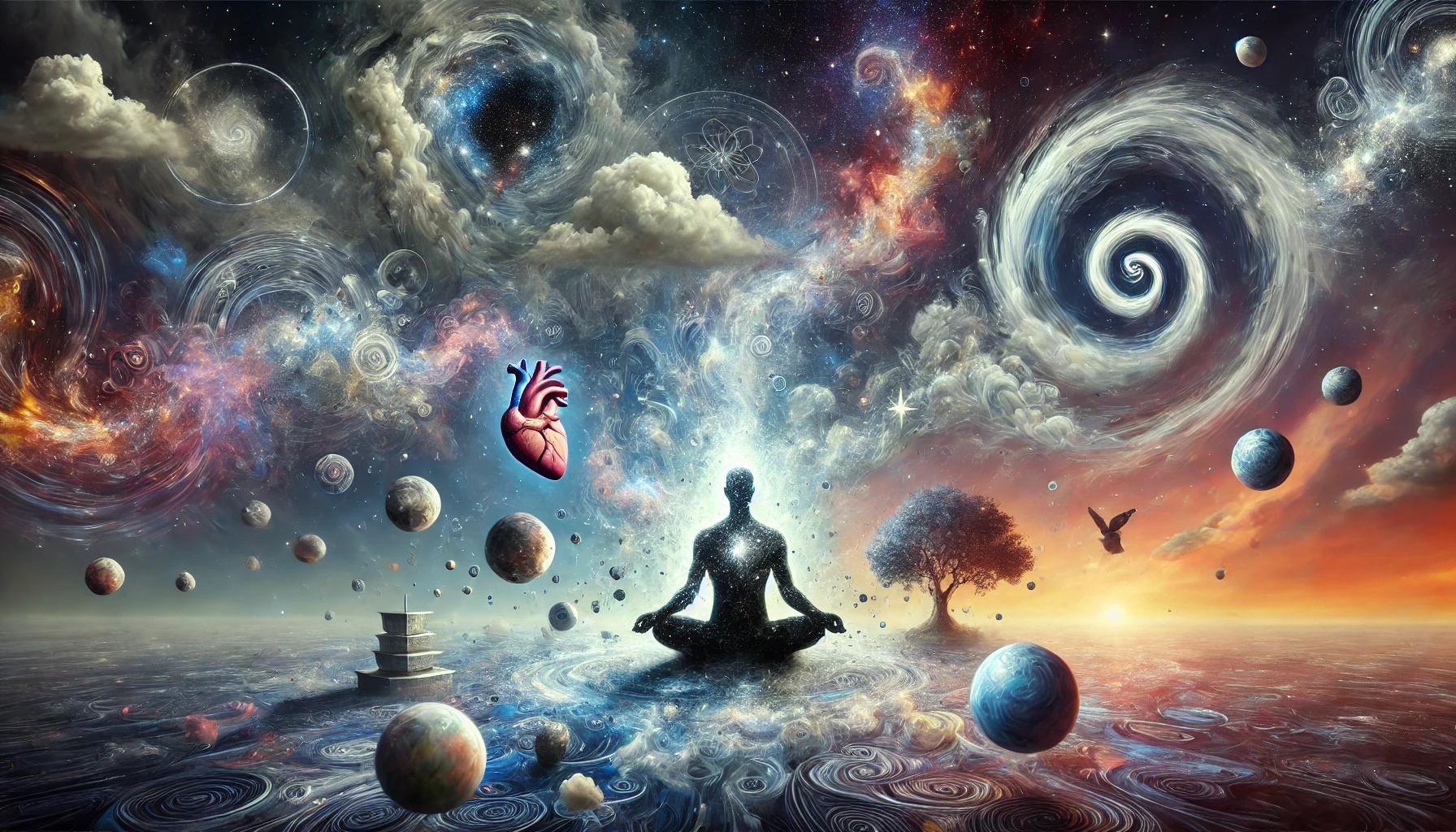
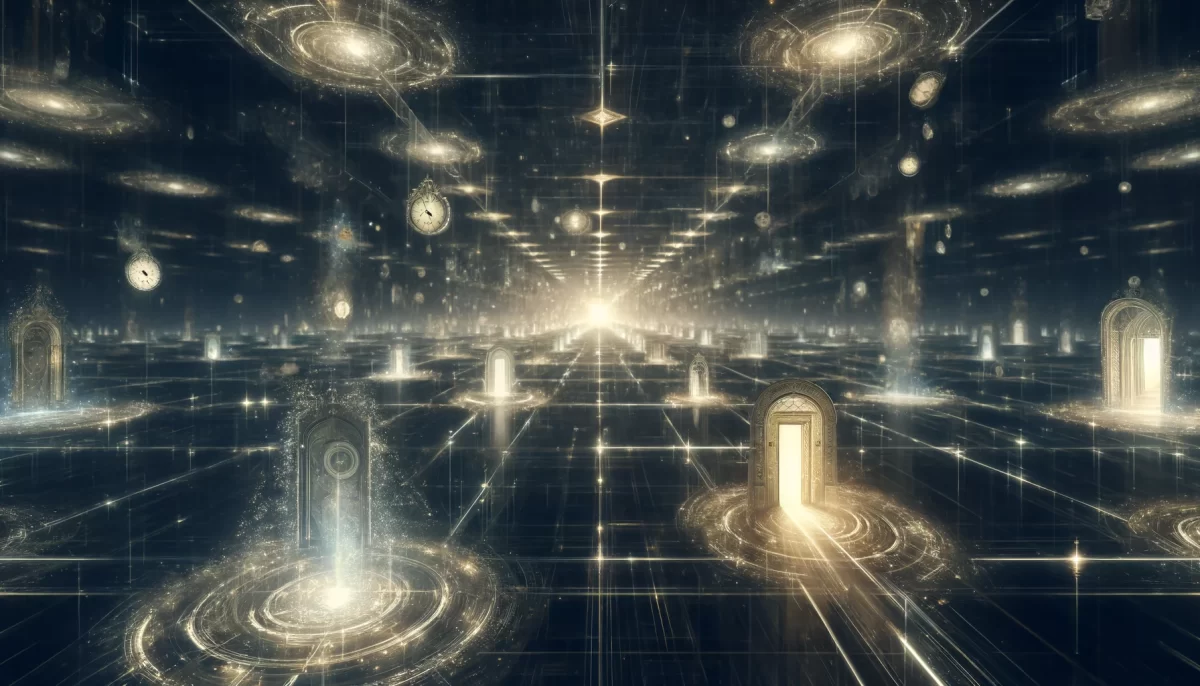
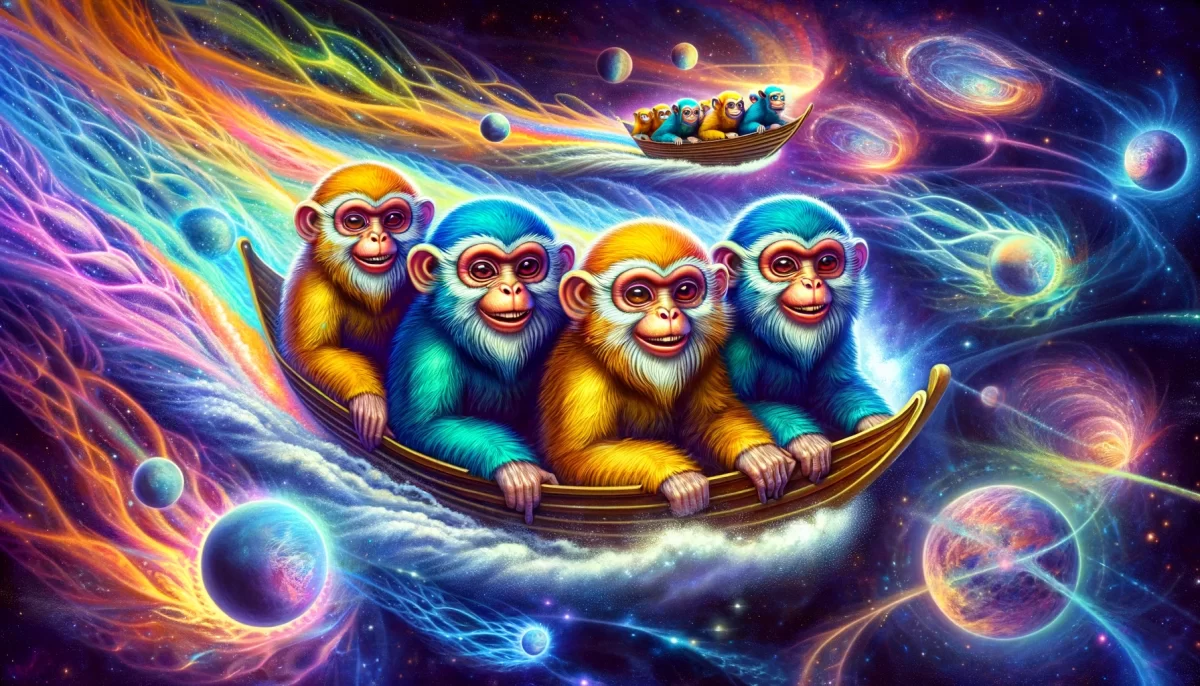
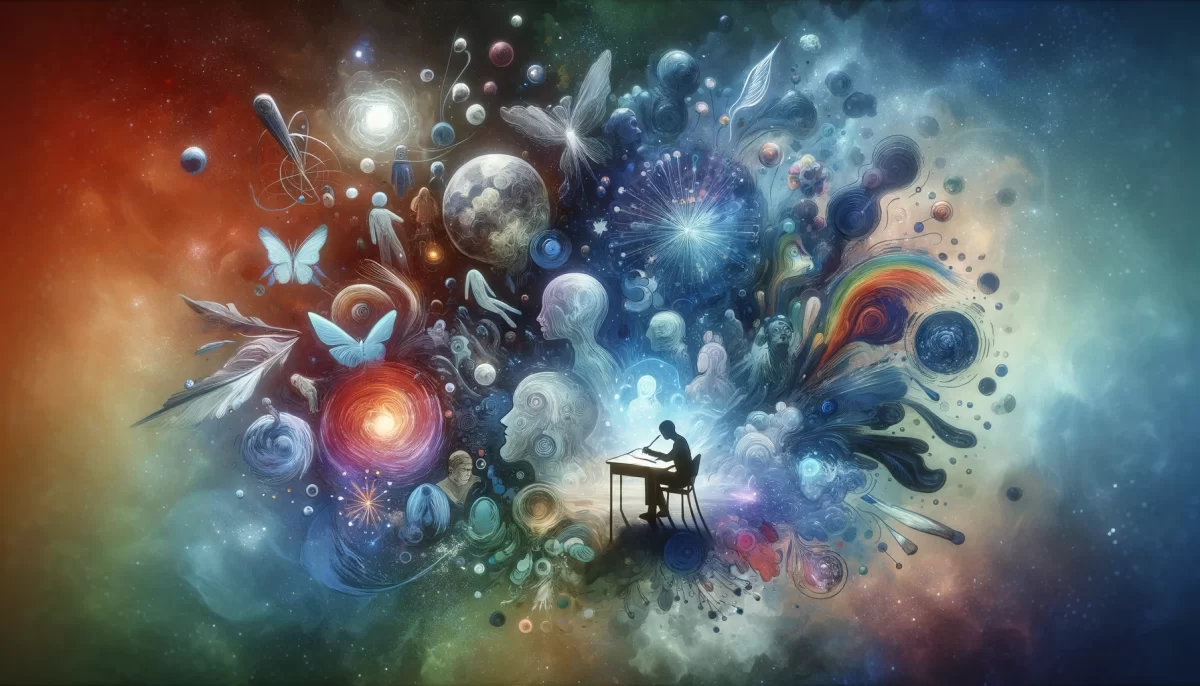

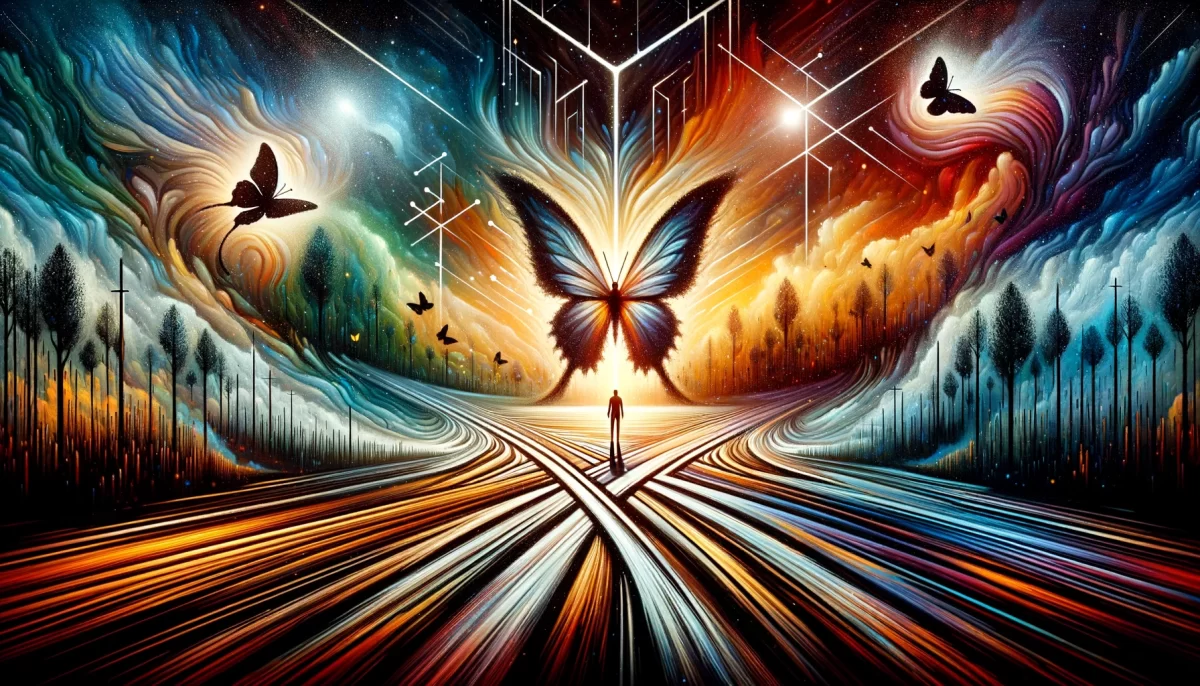

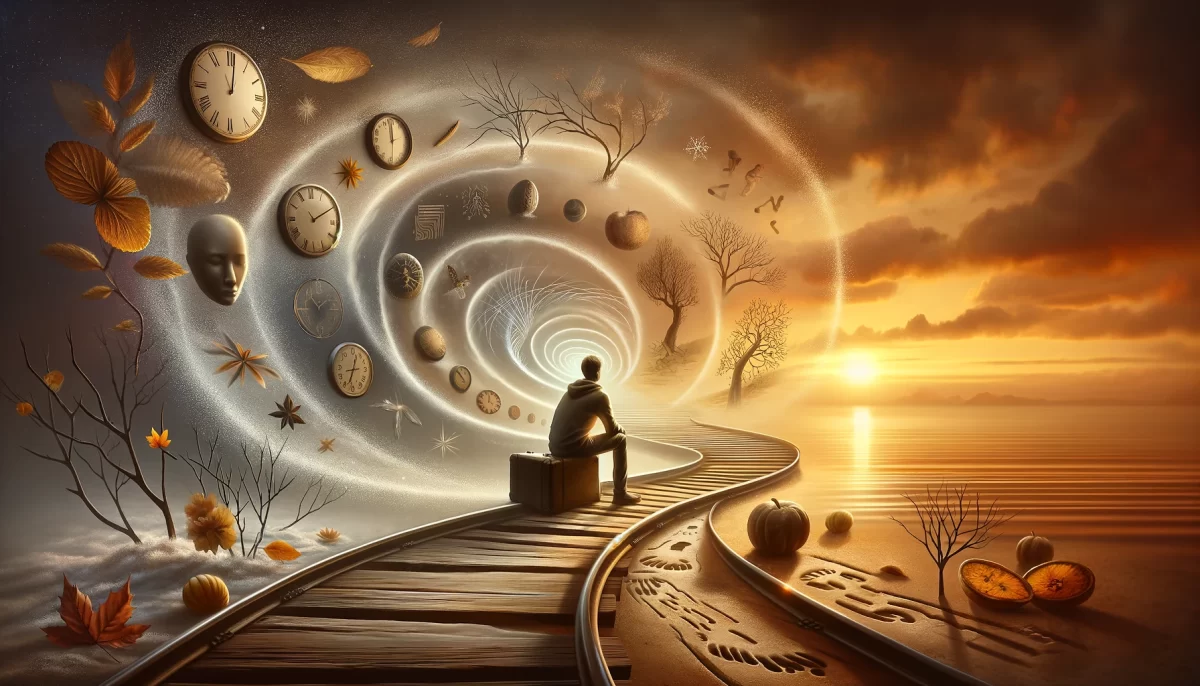

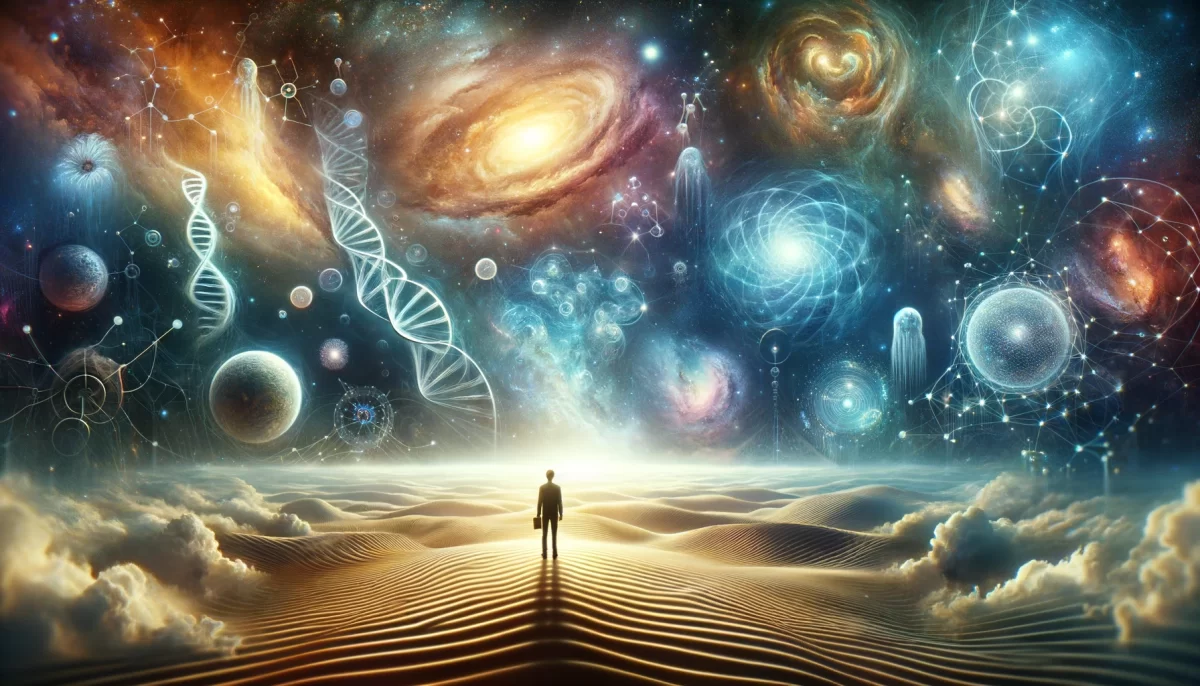
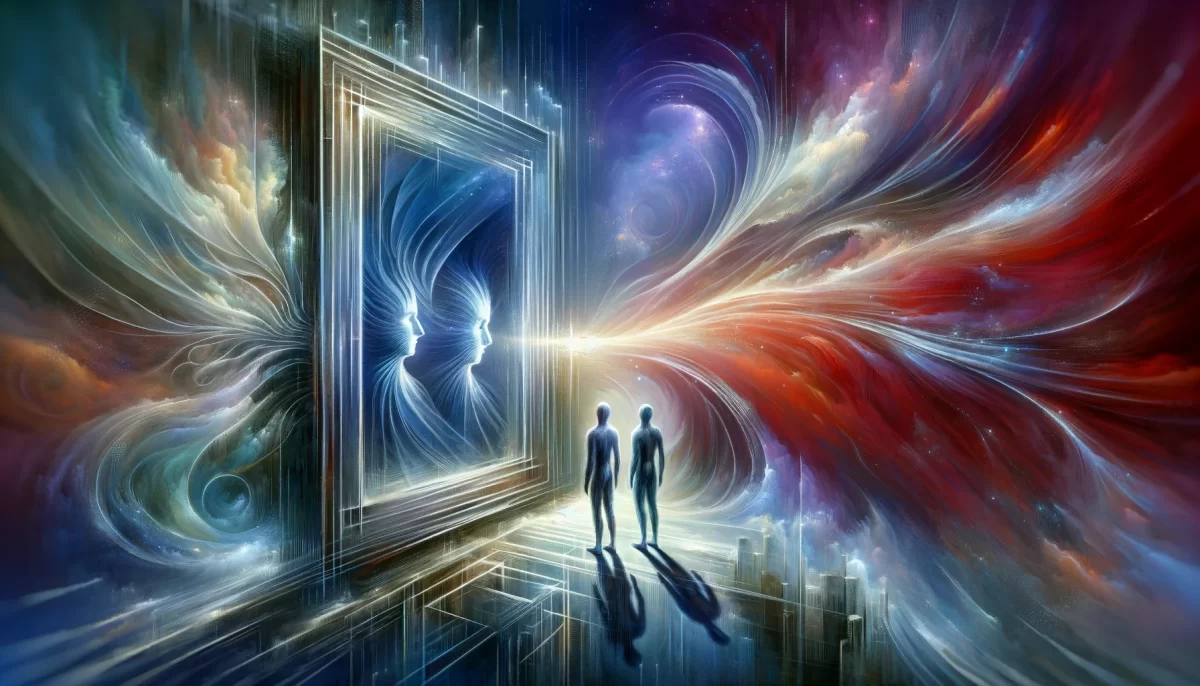






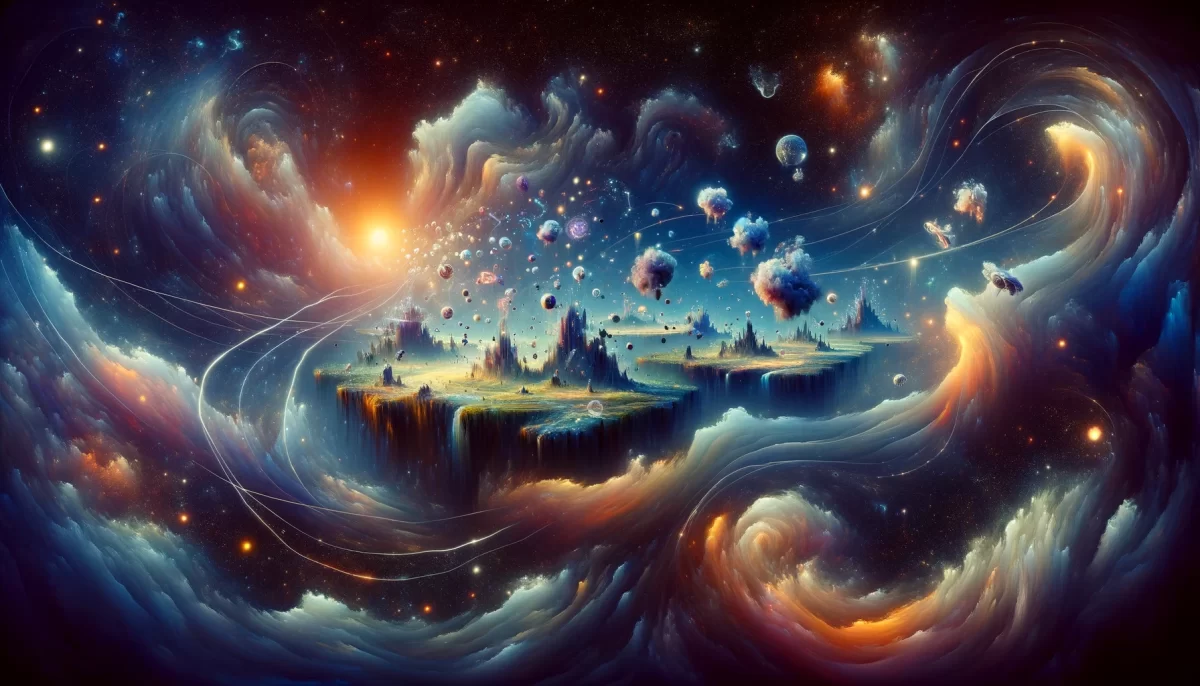



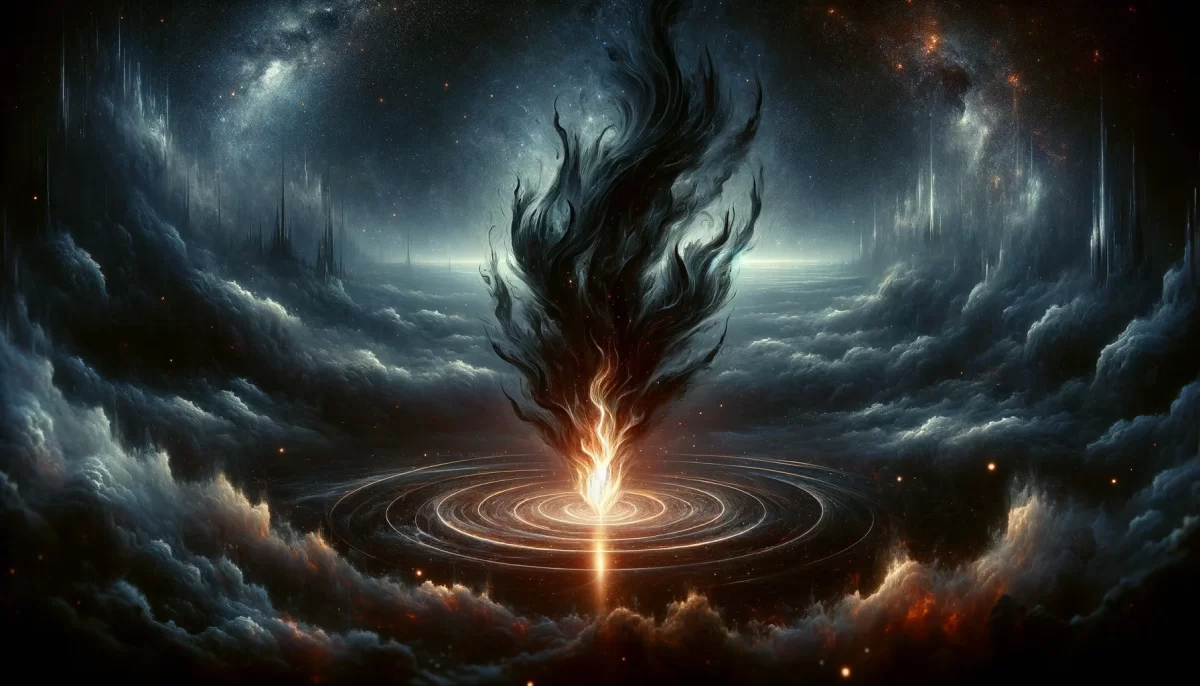

Leave a Reply